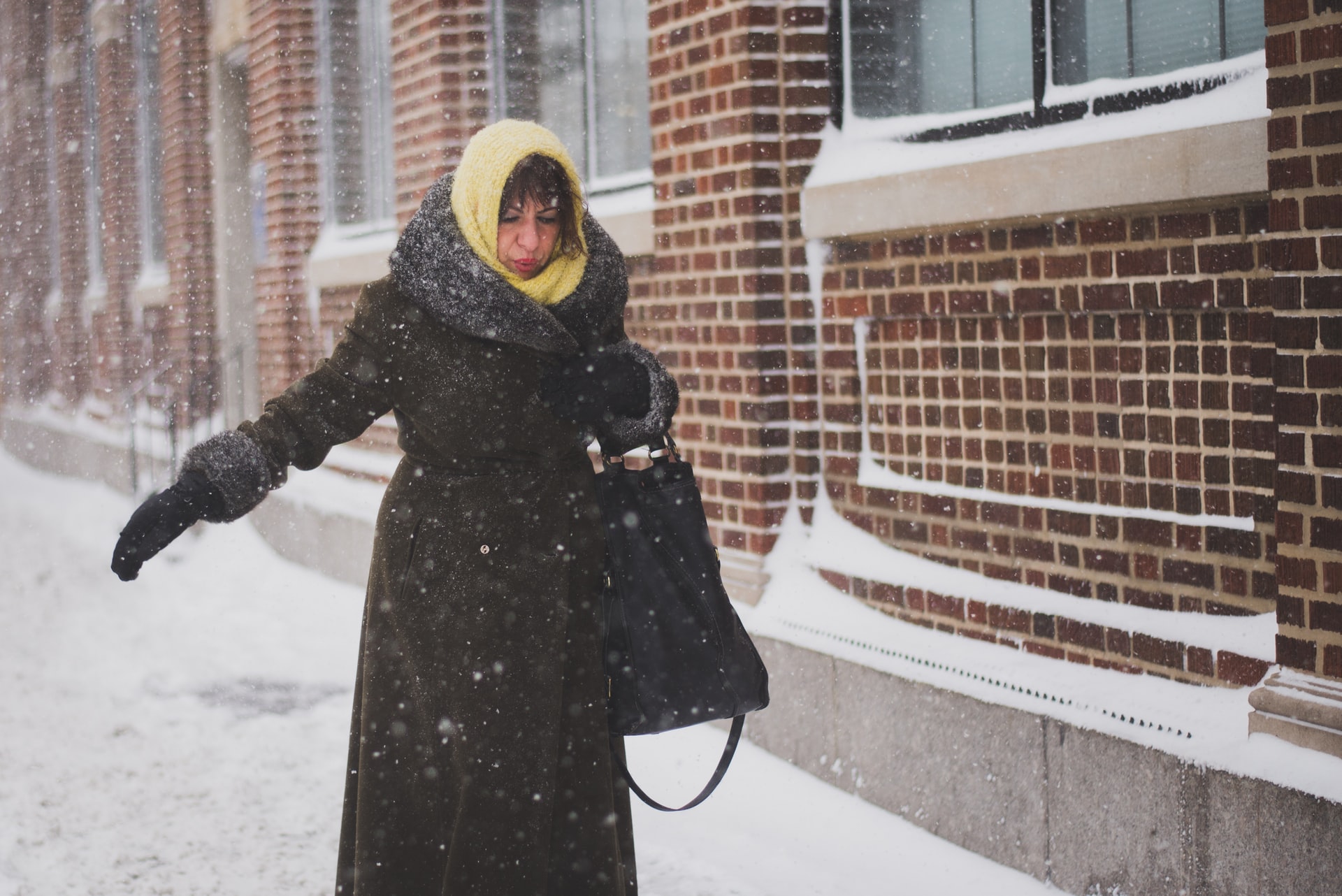Association Not Responsible for Resident’s Slip and Fall Accident on Common Areas

One of the questions I am asked most frequently from condominium and homeowner Association boards (and managers) is whether the Association is liable for injuries that occur on the common elements? The answer that I always give is that an Association is only liable for an accident on the common areas if they knew of the problem and failed to take reasonable care to make the common area safe. The recent case of Hackett v. Indian King Residents Association reinforced this answer.
In this case, a resident of the Association slipped and fell on some branches on a common area sidewalk. The branches fell only hours before she slipped on them. It was dark when the resident fell, so she could not see the branches that caused the accident.
The first question to ask is whether the person is a “licensee” or an “invitee” of the Association? An invitee is somebody that the Association invites to come to the property to do work that benefits the Association. Landscapers, snow removal contractors, handymen, painters, etc., are all invitees. A “licensee” is someone who comes to the property for their own purposes. In a community, the unit owners, tenants, family, visitors and the general public are all licensees. When they come into the community, they do it because they want to, not to do some job for the Association.
An Association is only responsible for physical harm that is caused to “licensees” due to a condition of the property – such as a slip and fall accident — if all four of the following are true:
- The Association knows (or should know) of a dangerous condition on the property; and
- The Association should expect that a person will not recognize the dangerous condition; and
- The person does not know about the dangerous condition; and
- The Association fails to exercise reasonable care to either fix the condition or to warn people about the risk.
In this case, the Association was not liable for the resident’s injuries. First, the Association did not know about the branches that fell on the sidewalk only a few hours before the resident tripped on them. Second, it is not reasonable to expect that the Association would clean up branches in this short period of time. This reinforces what I always tell Associations: Associations do not need to act heroically. They only need to act reasonably to clean up the common areas.
